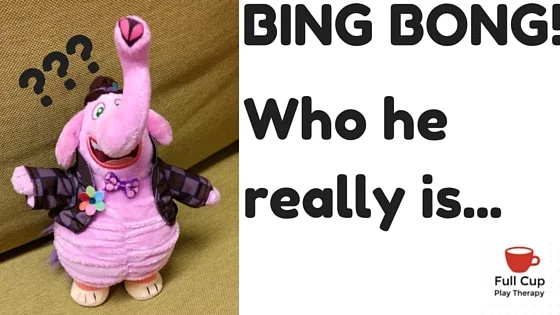"What about me?" A common cry from siblings all over but this can be particularly poignant point for siblings of children with disability. Disability is not only a challenge for those directly affected by it but also the family supporting that child. Siblings often live in an environment where their needs take a backseat to the more urgent needs from their sibling. They face isolation at home where most parental attention is prioritised towards the disabled child. Disabled children often require multiple specialist appointments, special visits and exercises leaving very little time leftover for the sibling nor the parents' own self care. No matter how efficient and supported the family are, there is no doubt that the situation is very challenging and causes family strain.
At school, siblings can feel isolated unable to explain why they can't invite their friends over to their home. They often don't have anyone their age who understands what its like day to day. They may feel overly responsible for their sibling assuming a mini parent role thus feeling a sense of loss of childhood. A grief that is natural but often not acknowledged so it may grow into deep resentment.
Every child is different but some common ways siblings may respond to their unique family situation is to act out, rebel and seek attention. Some siblings struggle to concentrate at school due to home concerns or through lack of sleep. On the flip side some siblings may over compensate and strive to be “the perfect child” holding back their emotions and questions from fear of upsetting their parents further. Their holding back or internalising of emotions can be the most insidious way of coping for siblings. Their struggles are not readily picked up upon from their parents or teachers and may lead to chronic illnesses such as anxiety induced stomach aches and headaches. Internalising strong emotions may increase risk of depression and anxiety later on in life. There is a whole host of difficult and conflicting emotions that can be experienced by siblings including but not limited to shame, confusion, embarrassment, guilt, compassion, loyalty and of course love.
But these are circumstances we can’t change. What are we supposed to do?
It’s true that some circumstances are out of our hands and we may feel stuck. However, small tweaks to hinges can open big doors. Here are four simple ways you can support your child.
1. Have little but often one-on-one special parent-child time doing something that they love. Perhaps one parent or relative can watch your other child while you do this routine. It may only be a 10 minute visit to the park or 10 minute drawing session. Keep it simple and keep it frequent. Your full undivided attention is the greatest gift you can give.
2. Create a protected individual space. A seemingly impossible challenge in Hong Kong right? Well again, keep it small and keep it simple. It can just be a locked box or a small locker with their own toys and special things that they can keep for themselves and keep protected.
3. Work with your school and communicate your concerns. Make teachers aware that you want your child recognised as an individual and to avoid asking them about their sibling too often. An environment at school and/or an after school club where the child is free to just be a kid and not a mini adult can nourish a sense of freedom. Siblings may need a lot of praise or reassurance to build their confidence and self worth.
4. Join a support group. Support groups give siblings a chance to express their difficult feelings without feeling disloyal, judged or fearful of upsetting their parents. Sharing and listening to experiences of other children their own age helps them feel more connected and less isolated. It can provide a clear time and space for them to acknowledge their feelings and practice self acceptance and nurture self worth. Talking about feelings can be very difficult for adults and extremely difficult for children who’s language skills are still developing. Creative Art therapies like Play Therapy are a great modality to allow children to feel safe in a group expressing themselves through non-verbal means such as through Art, Sand tray, puppets and Music.
















